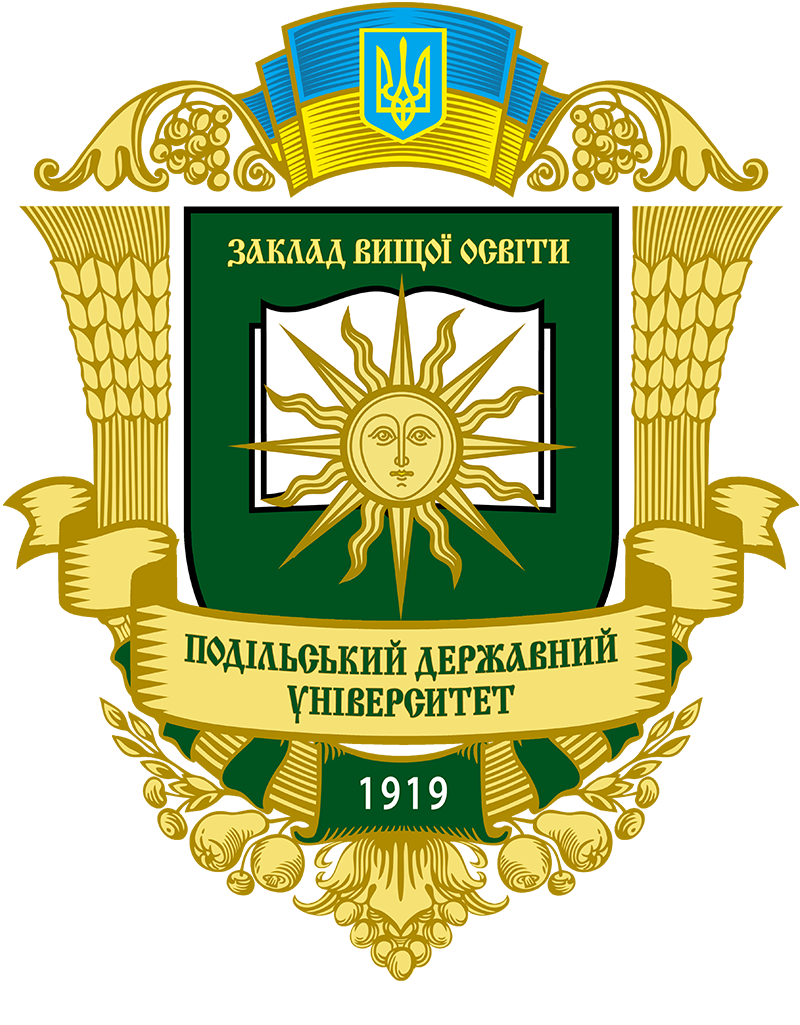FORMATION OF A POSITIVE IMAGE OF THE MODERN TEACHER INSTITUTION OF HIGHER EDUCATION
DOI:
https://doi.org/10.37406/2521-6449/2024-1-1Keywords:
image, image of a teacher, image of an educational organization, pedagogical imageology, professional culture; education system; teacher competenciesAbstract
Currently, the formation of a positive image is becoming an urgent problem not only in the political and business spheres, but also in the activities of higher school teachers, whose task is to train highly qualified, competitive specialists. The study of the practice of pedagogical activity made it possible to highlight a number of contradictions, the main of which are that in modern society, which has lost many of its former landmarks, the profession of a higher school teacher has lost its former heights and the need for its restoration is not in doubt, at the same time as to the activity and personality of a university teacher. as before, the highest demands are made. The image of a teacher of a higher school is such an integral characteristic that includes a set of external and internal individual, personal, individual and professional qualities of a teacher that contributes to the effectiveness of pedagogical activity. Achieving such a harmonious set of qualities requires the teacher to be aware of actions, which in turn is impossible without reflection. On the other hand, in order to reflect on his characteristics, the teacher needs to know what demands the student audience and colleagues make of him. The article examines the conditions for the formation of a positive image of a modern university teacher as an important aspect of his professionalism and a means of pedagogical influence on students. Organizational, psychological, pedagogical, professional and personal components in the formation of a positive image have been identified. The impact of these conditions on the teacher’s image, both as a person and as a professional, is analyzed. The definition of the concept of image, the image of a teacher, is presented, which allows us to talk about the importance of the teaching image as a component of the image of an educational organization. The concept of pedagogical image is relevant and requires further research in modern pedagogical science.
References
Барна Н. В. Імеджологія : навчальний посібник [для дистанційного навчання] / Н. В. Барна ; за наук. ред. В. М. Бебика. Київ : Університет «Україна», 2022. 217 с.
Білик Т. М. Концептуальний простір поняття імідж у психологічній літературі. Психологічні перспективи. Луцьк, РВВ «Вежа» Волинського національного університету імені Лесі Українки. 2021. Вип. 17. С. 12–19.
Вардеванян В. А. Типізація іміджу за функціональним підходом. Вісник Чернівецького торговельно-економічного інституту КНТЕУ. Економічні науки. Чернівці: Книги-ХХІ, 2010. Вип. І (37). С. 92–96.
Грабовська С. Створення позитивного іміджу навчального закладу засобами комунікативного менеджменту. Освіта України. 2003. № 14–15.
Ковальова І. О. Педагогічна іміджологія: сутність, етимологія, шляхи креативного використання у сучасному вищому навчальному закладі. Міжнародний науковий форум: соціологія, психологія, педагогіка, менеджмент. Київ, 2021. Вип. 6. С. 213–227.
Палеха Ю. І. Іміджологія: навчальний посібник / за заг. ред. З. І. Тимошенко. Київ: Вид-во Європ. у-ту, 2005. 324 с.
Панькова О. Проблема іміджу: соціокультурний і психолого-педагогічний аспекти. Рідна школа. 2002. № 6.
Семенова А. В., Курлянд З. Н., Хмелюк Р. І. «Словник – довідник з професійної педагогіки». Одеса, 2006. С. 77.
Ягупов В. В., Свистун В. І. Компетентнісний підхід до підготовки фахівців у системі вищої освіти. Наукові записки. Педагогічні, психологічні науки та соціальна робота. 2007. Том 71. С. 3–8.








